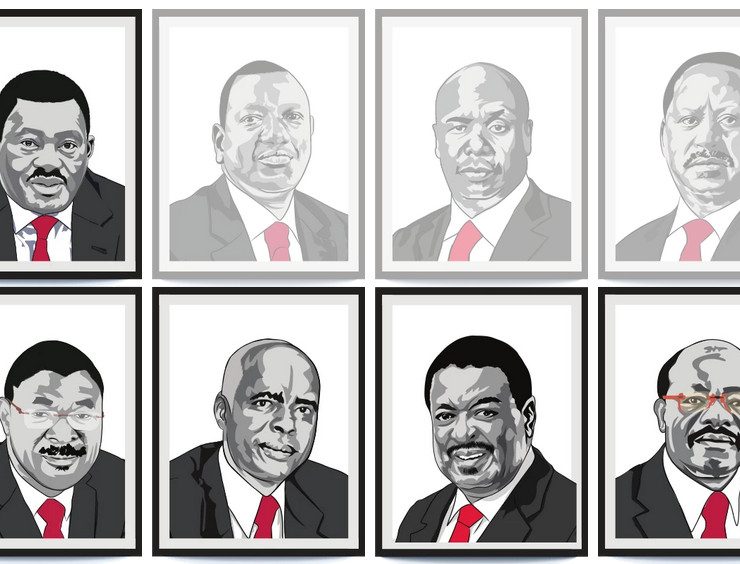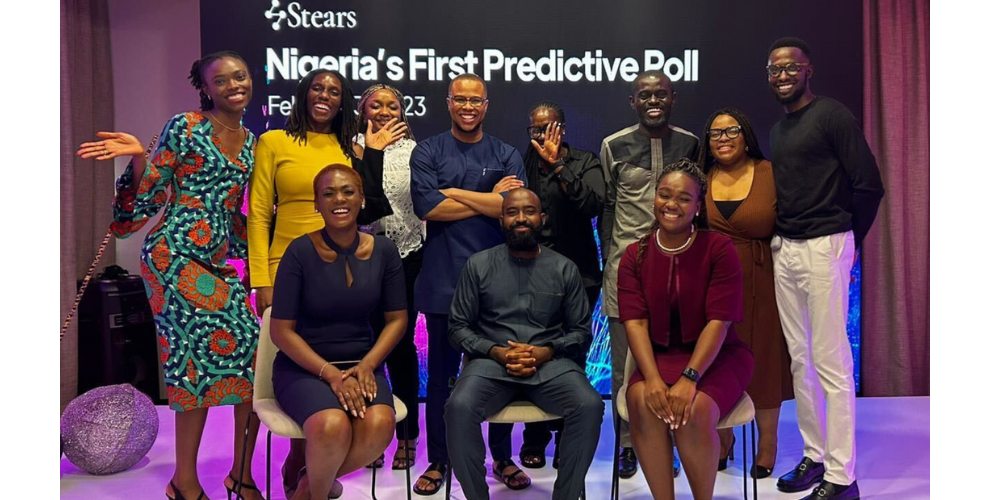Africa’s leadership in the rapidly changing global media environment could be a formidable force if it garnered the right kind of support.
African media is rightfully taking its place as a steward for significant narratives during polarising post-election periods and countering disinformation. Partnerships backed by strategic investment can unlock a new era in African journalism.
Early this year, Baraza Media Lab hosted the inaugural Africa Media Festival that brought together over 500 attendees. Participants contended with the theme “reimagining media” in Africa as the industry is struggling due to incompatible business models, insufficient funding, and unsupportive operating environments.
African media is evolving, recognising the need for innovative reporting that captures diverse audience sentiments while providing accurate information. For example, despite sustaining physical harm, Kenyan media’s coverage of the recent protests, tax increments, and the high cost of living has been varied and nuanced, capturing diverse views across the country and resonating with young people.
We’ve gotten a glimpse of what this new era could look like, recently with the formation of new media initiatives such as Debunk Media and Stears.
Our partner organisation Debunk Media is a three-year-old Kenyan-based online media outlet that started out as a multi-media news outlet and quickly gained traction as a mainstream news source targeting readers aged 18-35.
During the last Kenyan elections, Debunk Media partnered with a local print daily, The Star, to run a highly popular series that profiled presidential candidates and detailed their personal and political backgrounds and platforms. This series was immensely successful and reached hundreds of thousands of readers — especially because it rose above widespread sensational reporting and misinformation during the electioneering period. Debunk’s targeted journalism identified a need: providing statistical evidence during a key democratic process.

The media’s role in Nigeria’s recent election further exemplifies the demand for accurate information during key democratic moments and inflection points. Like most Africans, Nigeria’s citizenry has a mobile-first online presence.
Data company, Stears, is one of our partners in Nigeria. Stears delved into providing mobile-accessible information by synthesising data for analysis on the federal and state elections. During the 2023 elections, Stears deepened its coverage of the elections to provide data polling candidates, analysing manifestos, and more, and reached 1.5 million weekly visitors on their site during elections month.

Increasingly, African media establishments are recognised as experts in their own right, owing to the successes of their innovations in unpredictable and volatile markets. On the side-lines of the Global Media Forum, I participated in a popular radio discussion on the Deutsche Welle Swahili service known as Meza ya Duara. I spoke with African journalists analysing how media still steers national conversations and movements. We reflected on how national and regional media in Africa are more in-tune with issues affecting marginalised communities. This is because African media is evolving and reaching new audiences on different platforms and staying informed by audience feedback, all the while contending with potentially crushing backlash from powerful groups in their societies.
African journalists are also pushing for accountability from regional bodies such as the African Union, to protect journalists’ right to report freely. African media coalitions are pushing to protect the gains made by media organisations across the continent by building alliances across civil society.
Coalitions amplify concerns such as intrusive surveillance of journalists, detention of media practitioners, capacity gaps, ethics, among others. Congress of African Journalists, an organisation of journalists of African origin, has a unique position in that it is in-situ to where the harms, innovation, and opportunities take place, hence allowing them to respond in real time in a contextually appropriate manner. This collective action is a comprehensive advocacy strategy that can translate to better protections at the state level.
African media is evolving, recognising the need for innovative reporting that captures diverse audience sentiments while providing accurate information.
New media is breaking new ground to forge modernised, relatable reporting, and African journalists are campaigning for justice and protection. I’m inspired by African media’s innovation as they forge on to tell the story of democracy in Africa today. We should not let media bear the sole responsibility of supporting a healthy space for discussion on important societal issues.
As Luminate, we believe that strong media institutions create healthy spaces for information exchange - a foundation of democracy. With the recently concluded elections in Kenya, Nigeria, Angola, and other African countries, we recognise and support the dynamic, innovative, and courageous ways the media is tackling disinformation and holding power to account.
Funders have a key role to play here by resourcing partnerships for the African media ecosystem that work in service of the media ecosystem. This could be through dedicated basket-funds towards a healthy media ecosystem, research into scenario mapping for emerging risks faced by African media innovation, or funding ongoing advocacy by African media. Funders should explore partnerships towards media in Africa as a commitment to an industry that could thrive despite unrelenting pressure.